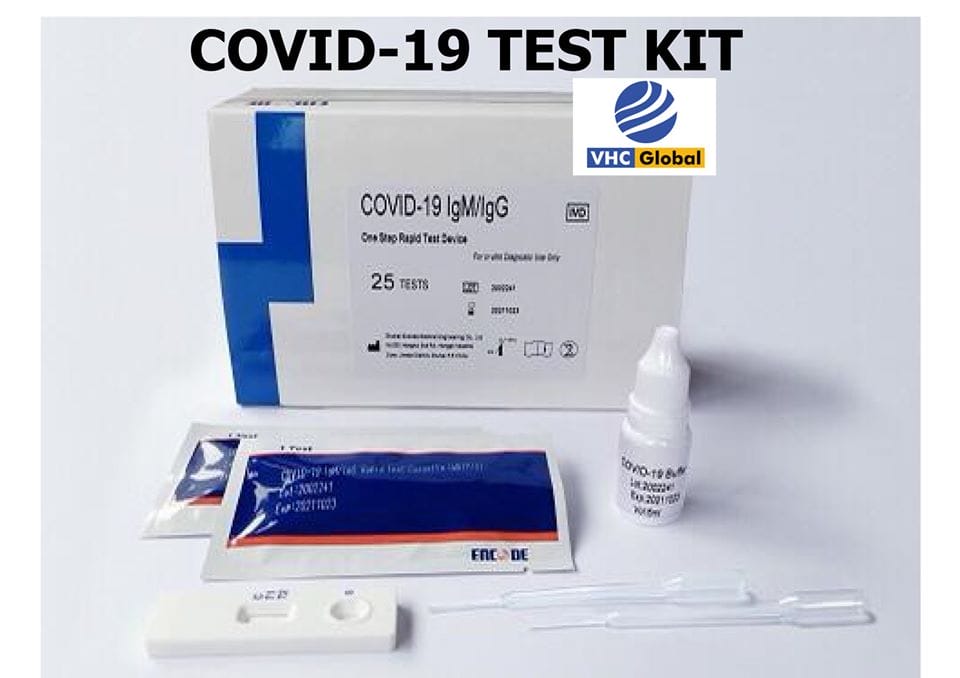The GGDs can no longer keep their promise to test within 48 hours. The GGD says it has received signals that “an awful lot” of people are being tested without complaints, so that many locations are now well above capacity. As a result, people who really have complaints cannot be tested in time. As a result, teachers and healthcare personnel now sometimes have to wait days for the test results
Earlier, the Ministry of Health and the GGD called for testing only in case of complaints. An increase in the number of tests puts too much pressure on the testing laboratories. The laboratories are faced with serious shortages of test materials.
New round of research into behavior in the fight against the coronavirus
We have all been under the spell of the new corona virus for some time now. The measures have been tightened up again, the number of infected people is rising again. Are we all able to adhere to the measures to stop the spread of the virus? And how do we experience that? This is the questionnaire research that the GGDs are conducting together with the RIVM and GGD GHOR Nederland.
Would you like to participate? That is possible here! Questionnaire corona GGD – RIVM
More information about the study can be found below.
Why are we doing this questionnaire research?
The GGD, RIVM and GGD GHOR Nederland are conducting this research to better understand how people think about the measures, what their motives are for adhering to them and what the impact is on people. The research is therefore about our behavior, what we think of the government’s behavioral measures and how we are physically, mentally and socially in the Netherlands in this corona era.
If we know why people behave in a certain way, what their motives and needs are, and how they are doing, the government can develop policy on this. For example, the government is looking at policies that help to limit the spread of the corona virus and adopts behavioral measures. Communication also plays an important role in this. We therefore investigate whether communication is good and effective, or whether we need to make adjustments. And also what the effect of the measures is on the health and well-being of everyone. The better we know all this, also from a behavioral science perspective, the better we can get the virus under control in the Netherlands together.
What behavior is the research about?
For example, people now regularly wash their hands for 20 seconds and always keep a distance of at least one and a half meters from each other. But does she succeed? What do measures such as staying at home as much as possible affect how people feel? We would like to know that. In the study, we therefore ask questions that have to do with our behavior.
Collaboration RIVM, GGDs and GGD GHOR Netherlands
The GGDs are conducting the investigation, on behalf of RIVM and GGD GHOR Nederland and the scientific advisory board of RIVM. This council consists of top experts in the behavioral and communication sciences. The research is distributed to panels of different GGDs and by spreading the link at the top of this message. RIVM expects to publish the results in the first week of September. You can find more information about the behavioral research here.
–

